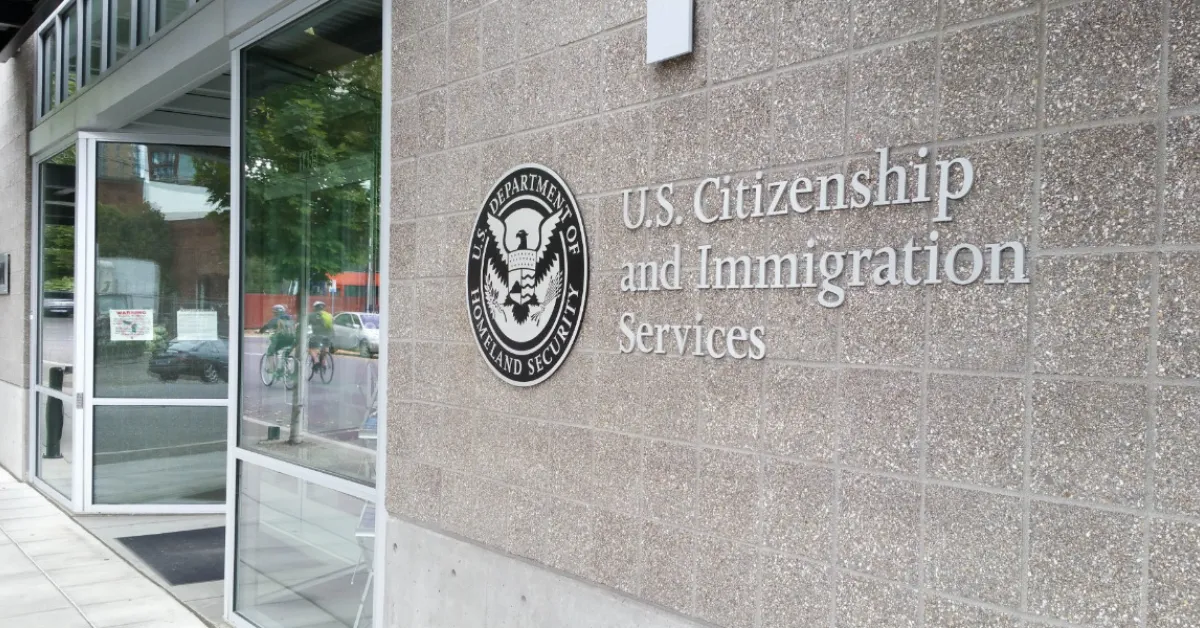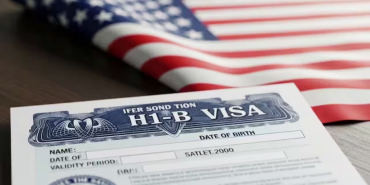USCIS Declares Good Moral Character a Must for Citizenship Applicants

US Citizenship and Immigration Services (USCIS) has reiterated the significance of "good moral character" as a prerequisite for naturalisation.
This reinforces the agency's commitment to upholding ethical standards within the immigration system. In a recent statement, the agency emphasised that citizenship is a privilege, not an automatic entitlement, for those who embrace American values, responsibilities, and freedoms. The statement highlights the complex and often lengthy path to US citizenship. Applicants must navigate a rigorous, multi-step process while demonstrating adherence to legal and ethical standards.
Immigration law expert Ketan Mukhija explains that an applicant's ethical conduct in the five years preceding their application is heavily scrutinised, encompassing tax compliance, financial responsibility, and respect for family law. Demonstrable fraud or dereliction of civic duties can be grounds for rejection. The naturalisation process begins with filing Form N-400, available online or as a paper submission.
Military applicants, along with those seeking fee waivers, must use the paper format. A mandatory biometrics appointment follows, involving fingerprint collection for background checks. Applicants then undergo a citizenship interview and exam to demonstrate English proficiency and knowledge of US civics. Successful candidates conclude the process with an oath ceremony, pledging allegiance to the United States.
Citizenship provides numerous benefits, including the right to vote, access to federal employment, and protection against deportation. USCIS assesses each candidate individually, closely evaluating their background. Factors such as criminal history, tax compliance, honesty in previous immigration applications, and consistent responsible behaviour in their communities all play a significant role in the determination.
Certain infractions can result in permanent disqualification from naturalisation. These include serious crimes such as murder, aggravated felonies, genocide, and torture. Other offences deemed unacceptable by USCIS include drug trafficking, fraud exceeding $10,000, and document falsification. Even multiple offences, such as DUI arrests, can raise concerns, with authorities often requiring evidence of rehabilitation through alcohol or drug treatment.
The financial cost of naturalisation is also a factor. The standard application fee is $760, from which military applicants are exempt. A $50 discount is available for online submissions. Processing times vary, with applicants facing an average waiting period of approximately five months, subject to fluctuations based on individual circumstances and USCIS caseloads.
For many immigrants, obtaining US citizenship represents a significant aspiration. The Department of Homeland Security reported that in 2022, approximately 12.9 million Green Card holders resided in the US, with 9.2 million eligible for naturalisation. However, country-specific limitations and annual caps on Green Cards can extend the process for some applicants to decades. With over a million Indians currently awaiting Green Cards, processing delays have fueled increasing frustration.
Despite the challenges, US citizenship offers substantial advantages beyond individual benefits. It enhances travel mobility with a US passport, allows citizens to sponsor family members for immigration, and offers protection from deportation. Citizenship also provides eligibility for government programs like Social Security and Medicare, securing future stability within the country.














Add new comment